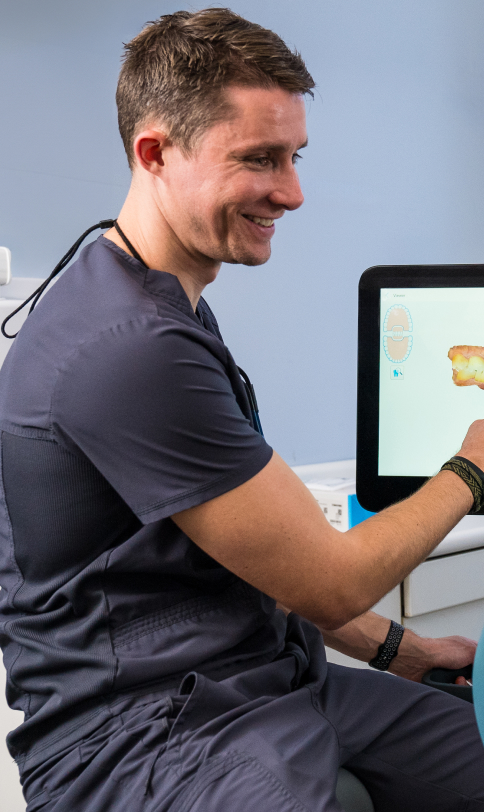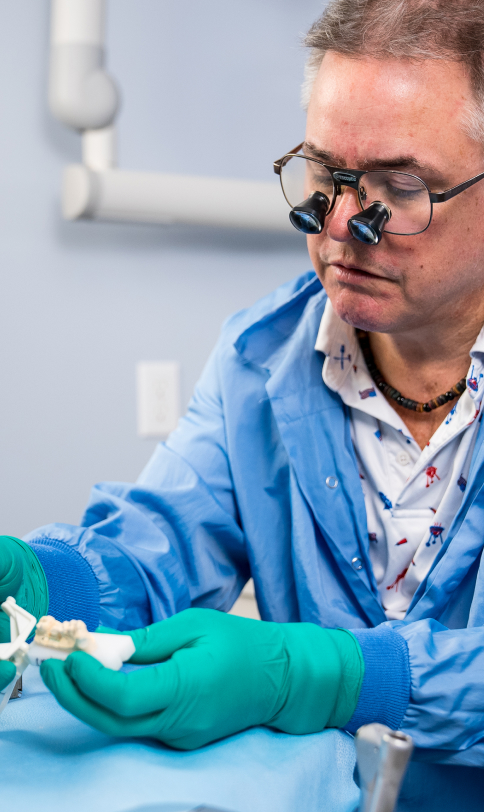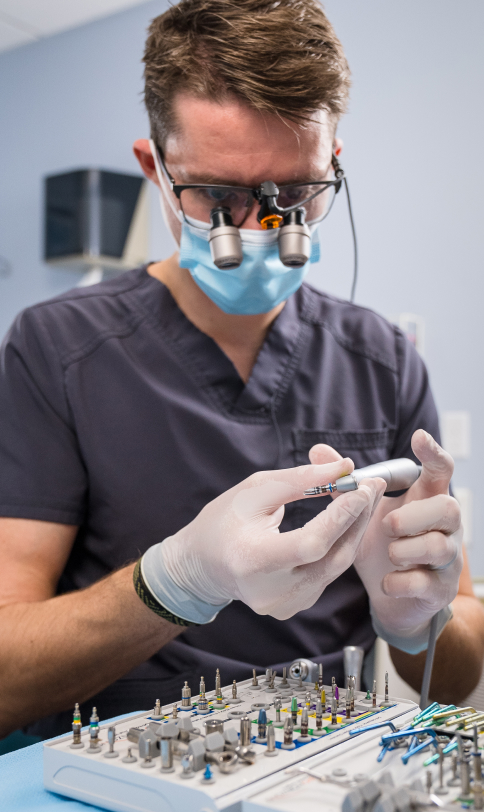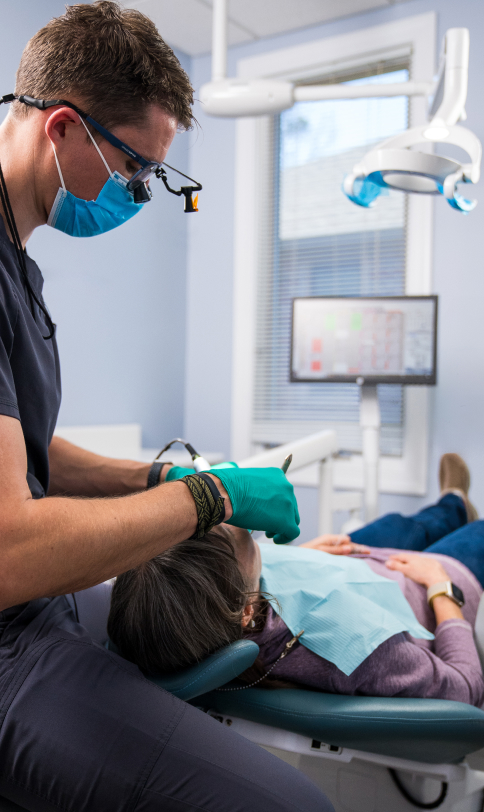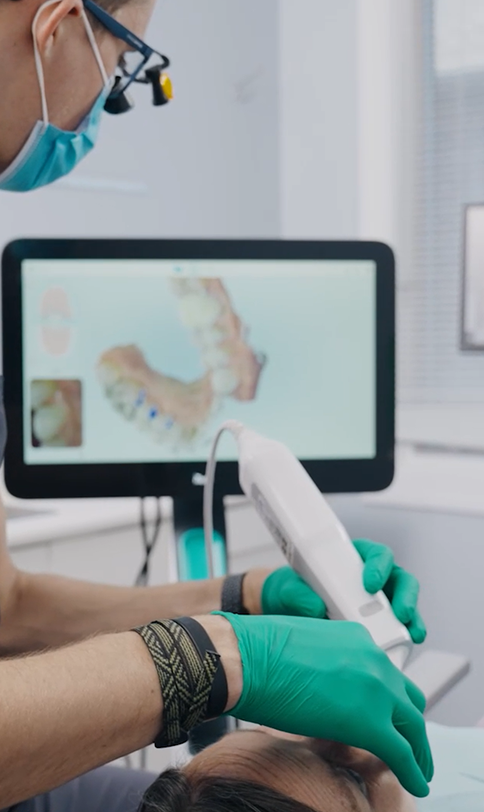
Understanding the Causes of Gum Bleeding`
Gum disease doesn't just affect your mouth; it can have long-term consequences for your overall health. That's why seeking professional evaluation and treatment is essential if you notice bleeding gums. Often, bleeding gums are an early indicator of gum disease.
At Legacy Dental, serving Cary and the surrounding area, we provide comprehensive treatment for gum disease. Our experienced team begins with a thorough examination to pinpoint the cause of your symptoms. From there, we offer a range of treatments designed to enhance oral health. Early detection and intervention can help prevent complications down the line.
Diseases That Cause Gums to Bleed
Plaque, a sticky substance, is the primary culprit behind most forms of gum disease. It accumulates along the gum line, trapping food and bacteria, eventually leading to inflammation and sensitivity in the gums. The condition can escalate without intervention, resulting in bleeding gums during eating, brushing, or flossing. Moreover, gum issues have been associated with severe conditions such as heart disease and stroke.
Smoking and inadequate oral hygiene often contribute to gum disease, though some individuals may still be prone to it despite regular brushing and flossing. Pregnant women and those with diabetes face heightened risks, as do denture wearers.
In rare instances, bleeding gums might signal a more severe underlying condition like leukemia. Prompt dental care is crucial for those experiencing bleeding gums, as our team can identify the root cause and, if necessary, facilitate further testing arrangements.
" Gum disease is frequently attributed to smoking and inadequate oral hygiene practices. "
Mouth Injuries
Gums may also bleed following a typical mouth injury, such as from eating sharp foods or sustaining a sports-related injury. While minor injuries often heal without intervention, significant dental bleeding warrants immediate medical attention.
Simple precautions can help prevent dental injuries. For instance, wearing a mouthguard while engaging in sports can safeguard teeth and gums. Avoiding sharp foods like chips and hard candies and refraining from using teeth to tear or cut objects can also mitigate risks. Additionally, ensuring that appliances like dentures and retainers are well-maintained is crucial; using damaged or ill-fitting appliances can lead to serious mouth injuries. If your appliance no longer fits properly, don't hesitate to contact our emergency dentist, for a replacement.
" Implementing simple and straightforward precautions can effectively reduce the risk of dental injuries. "
Factors That Cause Gum Bleeding
Smoking, vaping, and chewing tobacco all heighten the risk of gum disease by drying out the mouth and reducing blood flow to the gums. Long-term use of these substances can lead to gum problems, including bleeding gums. It's crucial for individuals noticing gum bleeding to cease all tobacco product use immediately.
Furthermore, an inadequate diet can result in vitamin deficiencies, potentially causing gum recession. Blood tests can identify nutritional deficiencies, and supplements may be prescribed to address them.
Certain prescription medications, such as blood thinners like aspirin, are also linked to oral bleeding. Patients experiencing oral bleeding while taking these medications should seek prompt medical attention and consult their healthcare provider for guidance.
" Smoking, vaping, and chewing tobacco all elevate the likelihood of developing gum disease. "
How to Stop Gums from Bleeding
Patients with bleeding gums sometimes cease brushing and flossing their teeth, which unfortunately exacerbates the underlying issue. It's crucial for them to maintain their oral hygiene routine by brushing their teeth twice daily, even during periods of gum bleeding. Using a soft-bristled brush with gentle pressure and carefully flossing afterward can help remove debris and promote gum health.
Our team may also suggest using a specially formulated mouthwash or a saltwater rinse to aid in clearing up infection and reducing swollen gums. These oral rinses not only flush away debris but also help prevent plaque buildup, an essential aspect of gum disease treatment.


